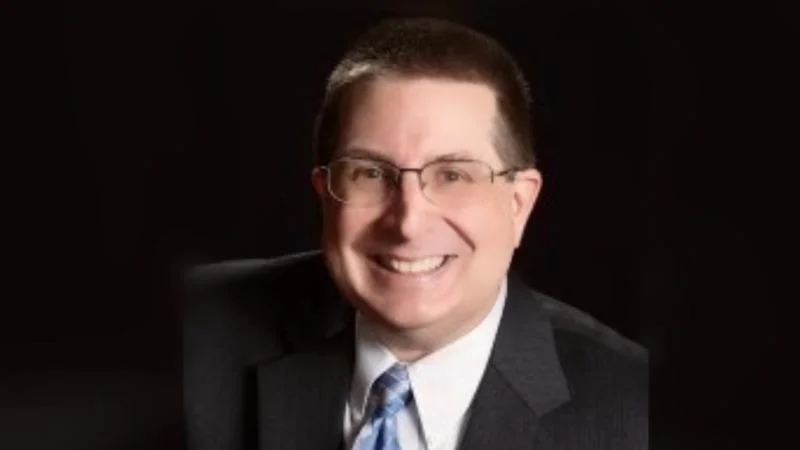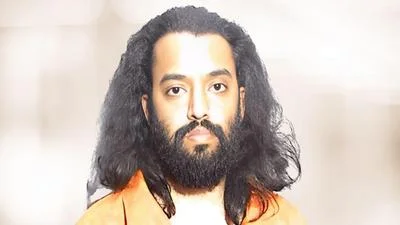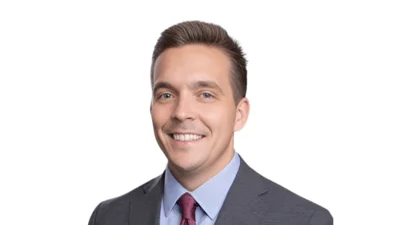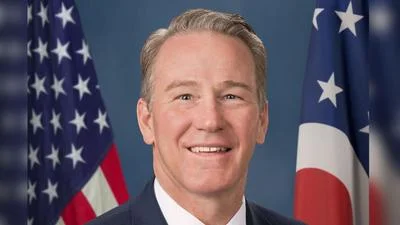Dean Rieck, Executive Director at Buckeye Firearms Association | LinkedIn
Dean Rieck, Executive Director at Buckeye Firearms Association | LinkedIn
Fake mass-shooting data has been influencing the medical community for an extended period, and its impact is expanding. When one anti-gun doctor publishes flawed research, other like-minded physicians often build upon it, leading to increasingly distorted conclusions.
Many healthcare professionals view their role as anti-gun advocates rather than primary care providers. They aim to convince the public that firearms are a public health crisis to justify questioning patients about gun ownership in hopes of encouraging them to relinquish their guns.
The latest publication in Advances in Pediatrics titled "A Review of Community-Based Gun Violence Prevention Programs and the Physician’s Role" highlights this issue. Paige J. DeBlieux, MD, who graduated from the University of South Florida's medical school last year, led the study along with three coauthors. Their report relies on data from the Gun Violence Archive (GVA), which has been widely criticized for its overly broad definition of mass shootings.
“According to the Gun Violence Archive, an independent research and data collection organization established in 2013, injury and death by nonsuicide-related GV has nearly doubled since 2014,” states the report. However, GVA's inflated statistics have been debunked multiple times; even some gun control advocates have shifted to using less controversial sources.
Dr. Cameron Nereim from the University of South Florida used DeBlieux’s findings to support his stance that firearms pose a “public health problem.” He emphasized a rise in non-suicide related firearm injuries among children and adolescents since 2014 during an interview with WUSF, an NPR affiliate located at USF.
Nereim stated that DeBlieux’s report “encouraged physicians to incorporate discussions about firearm safety in routine patient visits.” He also advocated for doctors becoming active participants in anti-gun advocacy efforts: “I think that there’s a lot of really innovative and effective solutions out there... we can be part of the advocacy.”
However, John Edeen, MD, pediatric orthopedic surgeon and membership director for Doctors for Responsible Gun Ownership (DRGO), opposes this approach. “They have absolutely no qualification to do that,” Edeen said. “They are trying to disarm their patients. All of this is coming from academia. It’s all politically motivated.”
Lee Williams is chief editor of the Second Amendment Foundation's Investigative Journalism Project.
___






 Alerts Sign-up
Alerts Sign-up